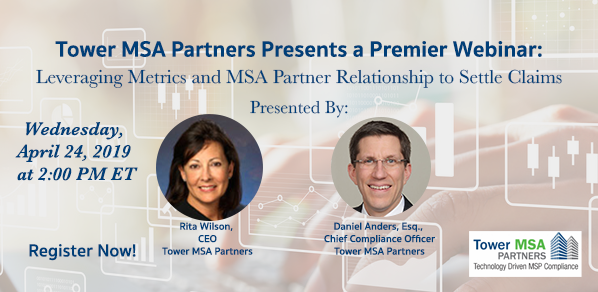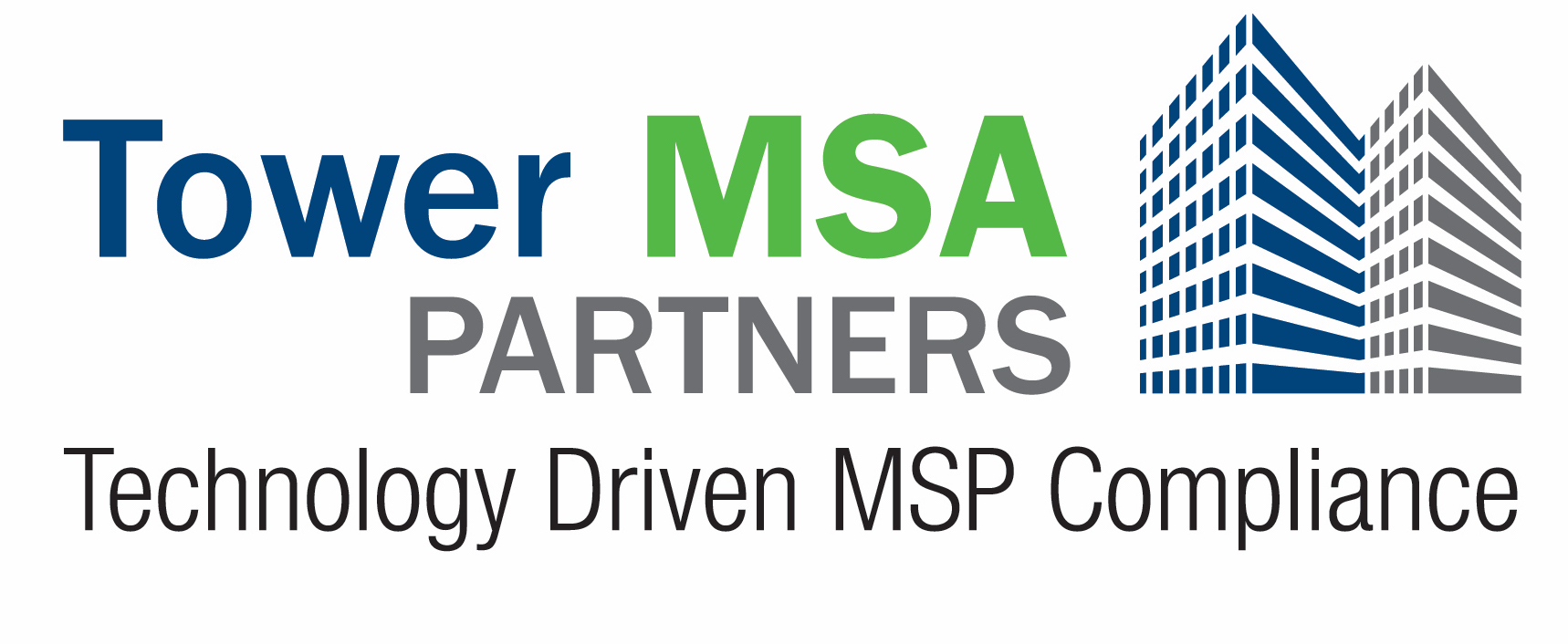Just like all of us, CMS makes occasional errors. Believe it or not, the government is not infallible! To protect our clients from unnecessary allocation costs, Tower takes a “lead, not follow” approach to deliver Medicare-compliant MSAs that are not overfunded. This means that we don’t just follow CMS’s rules to prepare and submit MSAs, we take the initiative to make sure CMS follows its own rules.
Tower challenges a CMS MSA counter-higher when our clinical and legal review produces a basis for a re-review request (a form of post-determination appeal). We typically submit re-review requests within 48 hours of receipt of the counter-higher and CMS responds in less than 14 days. Our challenges have yielded a 71% success rate and saved our clients hundreds of thousands of dollars.
As the following examples from the past six months demonstrate–whether its $2,000 or $200,000–Tower will dispute CMS’s calculations when we believe they are in error:
Miscalculated surgical pricing
CMS increased the cost of a knee replacement by $8,769. Tower submitted a re-review and stated CMS had incorrectly used the state fee schedule in calculating the surgical cost. After two re-reviews, CMS corrected the pricing to the proposed amount.
Addition of discontinued medication
CMS added a medication, Etodolac, that, per the medical records, had been replaced with another medication, Ibuprofen. Tower referenced the submitted medical records and Rx history on re-review and CMS agreed to remove the medication from the MSA for a $16,704 reduction.
Medication allocated at the wrong frequency
CMS increased the refill schedule of Tylenol #4 from every three months to monthly, increasing the MSA by $8,650. Tower submitted a re-review and cited the prescription payment history as confirming “as needed” use of the medication. CMS agreed and returned the MSA to the originally proposed amount.
Non-Medicare covered medication added
CMS added the medication Lyrica to the MSA resulting in a $205,658 increase in the allocation. Tower argued that Medicare coverage guidelines did not provide a basis for inclusion of Lyrica for treatment of a foot crush injury. After a re-review and escalating to CMS senior management, CMS agreed and removed the Lyrica from the MSA.
Treatment unrelated to the WC injury
CMS added left hip x-rays and MRIs even though the hip was not accepted on the WC claim. Tower disputed the tests’ inclusion and CMS agreed to remove, thus lowering the MSA by $2,657.
Miscalculated Rx pricing
CMS modified the pricing of Morphine Sulfate resulting in a $12,376 increase to the MSA. Tower advised CMS that it had used the incorrect NDC code to price the medication at $1.50 per unit versus the correct $0.73. CMS acknowledged the error and corrected.
Key Takeaways
The good news is that the above errors occur in the minority of MSA submissions. Most of the time CMS gets it right. However, when errors occur, Tower quickly identifies and submits a re-review request to CMS. And, in most cases, our re-review requests yield a cost-savings MSA that is Medicare-compliant. This is another way Tower delivers on its promise of Compliance by the book, closure by the numbers.

 Business Insurance’s Angela Childers turned to Tower’s Dan Anders for insight into how claims become catastrophic. Brand-name medications, opioids and the meds required to treat their side effects, and ineffective initial treatment are among the causes he cites. Payers can prevent cost escalation by having a “settlement mindset” from the beginning, he advises. Read more
Business Insurance’s Angela Childers turned to Tower’s Dan Anders for insight into how claims become catastrophic. Brand-name medications, opioids and the meds required to treat their side effects, and ineffective initial treatment are among the causes he cites. Payers can prevent cost escalation by having a “settlement mindset” from the beginning, he advises. Read more 
 How can you use metrics to evaluate your MSP compliance and MSA programs? And, what metrics apply? Tower CEO Rita Wilson shares key performance indicators, ways payers can use them in the settlement process and apply settlement strategies to on-going claims management in this week’s WorkCompWire Leaders Speak.
How can you use metrics to evaluate your MSP compliance and MSA programs? And, what metrics apply? Tower CEO Rita Wilson shares key performance indicators, ways payers can use them in the settlement process and apply settlement strategies to on-going claims management in this week’s WorkCompWire Leaders Speak.





